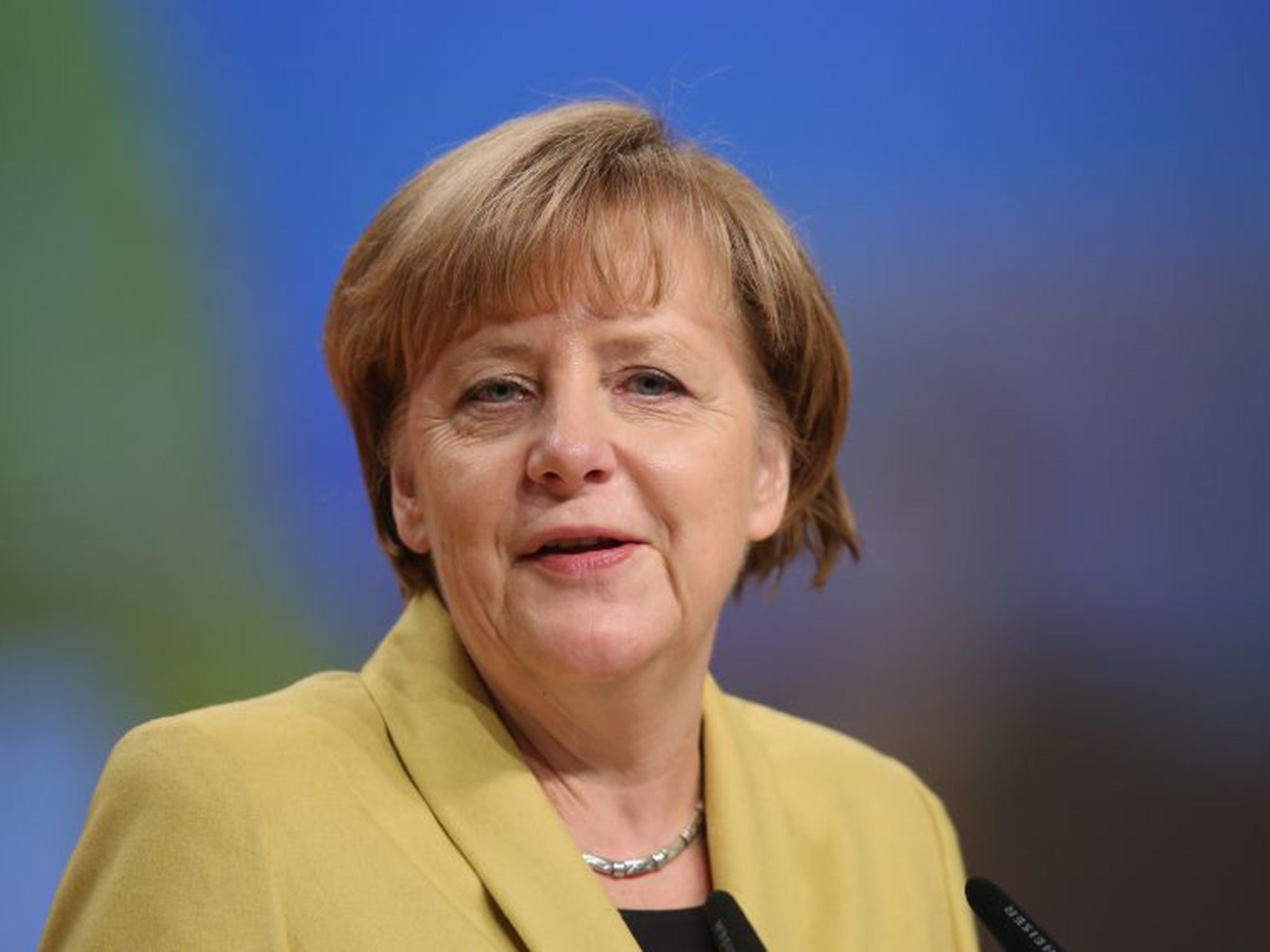Germany's economy will grow faster because of the million refugees it is helping, study finds
Research published today suggests a 0.6 per cent GDP boost by 2020 and lower inflation

Germany’s economy will get a significant growth boost over the next few years because of the hundreds of thousands of refugees it is taking in, according to an economic analysis published today.
The research, released by Oxford Economics, suggests that an influx of a million people over the next three years would raise the country’s GDP by 0.6 per cent by 2020.
The economists said that as well as increasing economic growth, the influx of people could also reduce inflationary pressures – which would give the government more room for economic stimulus.
“The increase in the number of refugees moving to Europe and other parts of the world is primarily a humanitarian issue, but it will also have economic ramifications for destination countries and, within the Eurozone, Germany in particular,” the researchers said.

“We estimate that if, relative to our baseline assumption, an extra million asylum seekers enter Germany over the next three years this could raise GDP by 0.6 per cent by end-2020 and reduce inflationary pressures. But it would not solve the economy’s longer-term demographic problems.”
0.6 per cent GDP growth is roughly equivalent to a quarter's decent economic growth in recent years. Germany, like most Western countries, has an aging population, a fact an influx of fairly young people would slightly moderate.
Germany’s vice chancellor has previously suggested that the country could accept a million refugees in this year alone, meaning the boost could be even larger than expected.
“There are many signs that Germany this year will take in not 800,000 refugees, as forecast by the interior ministry, but one million,” Sigmar Gabriel said.
Mr Gabriel has previously said the country could then accept half a million refugees each year for the next few years.
Earlier this week Conservative MP Bill Cash told the House of Commons that it was in Germany’s economic interest to accept the refugees.
“Some of their policies have clearly been orientated to assisting their own internal economic problems,” he said – before decrying the number of people entering Europe as a “tsunami”.
The economic benefits of migration are well-researched and established. A study published by the London School of Economics earlier this year found that immigration to Britain had not increased unemployment or reduced wages in areas where it had occurred.
Last month the Institute of Directors attacked the Government for “punishing business” with its “bizarre” and “unachievable” target reduce net migration.
Britain has pledged only to take 4,000 Syrian refugees a year for the next five years, a small-scale commitment which is unlikely to have a significant economic effect.
The UK has however contributed a significant amount of overseas aid to improve the situation on the ground in Syria.
Join our commenting forum
Join thought-provoking conversations, follow other Independent readers and see their replies
Comments